Section 8: Organic Act
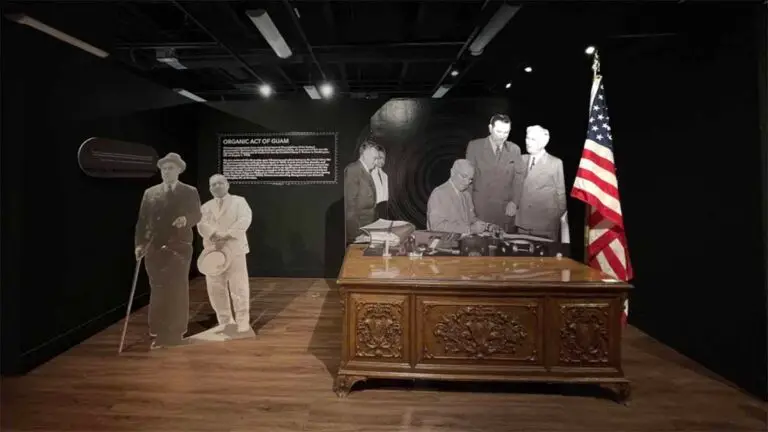
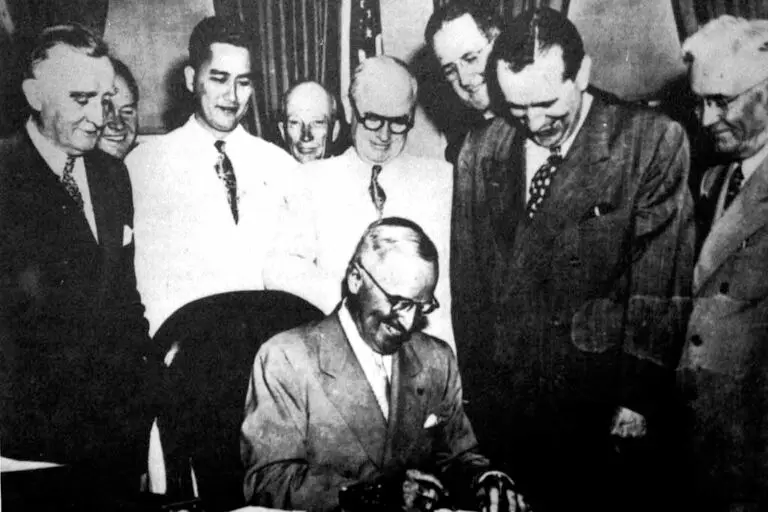
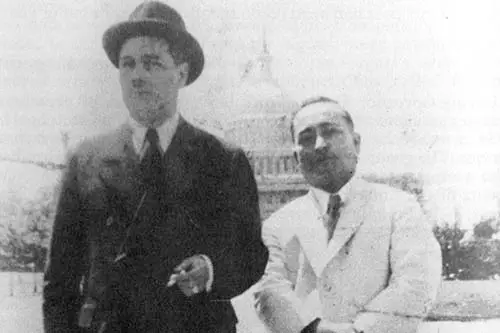
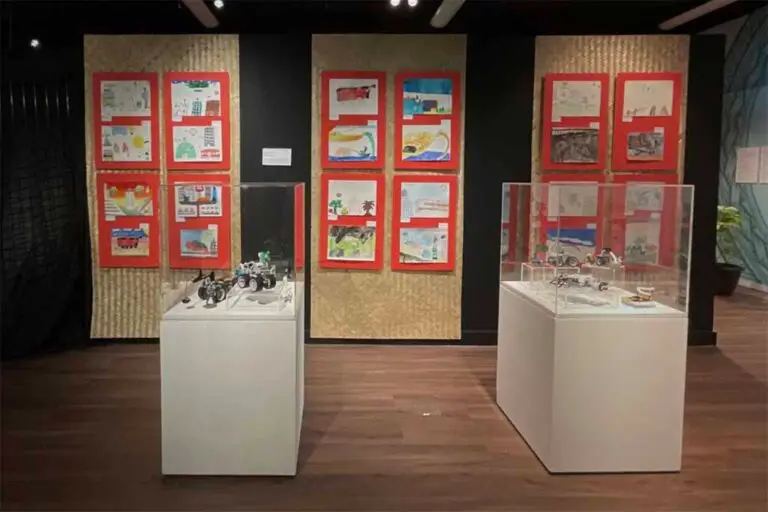
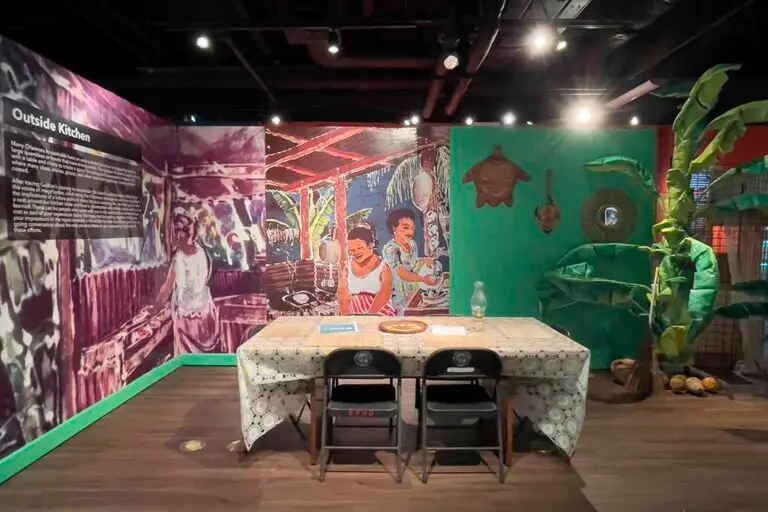
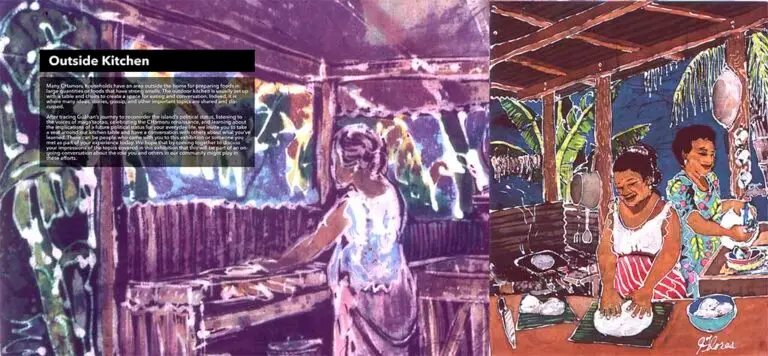
Table of Contents
Share This
CHamoru/Chamorro perspectives have many times been at the periphery of the federal government’s decisions regarding Guåhan’s political affairs. An example of this was the signing of the Organic Act of Guam into law by President Harry S. Truman in Washington, DC, on 1 August 1950.
The Act conferred US citizenship upon CHamorus and others living on the island when the US government acquired Guåhan from Spain in 1898. It took almost five decades and numerous petitions by island leaders and advocates in the nation’s capital to compel the US Congress and President to finally take action. As significant as this event was for the CHamoru people, Carlos P. Taitano, a member of the Guam Congress which had helped stage the Guam Congress Walkout of 1949, was the only CHamoru present at the signing of the Organic Act. Taitano was attending Georgetown Law School in Washington, DC, at the time.
Outside Kitchen
Many CHamoru households have an area outside the home that is used for cooking foods that are either to be made in large quantities or are quite fragrant. The outdoor kitchen is usually set up with a table and chairs to create a space for eating and conversation. Indeed, it is where many ideas, stories, gossip, and other important topics are shared or discussed.
After tracing Guåhan’s journey to reconsider the island’s political status, listening to the voices of maga’taotao, celebrating the CHamoru renaissance, and learning about the implications of a future political status for your everyday life, we invite you to have a seat around our kitchen table and have a conversation with others about what you’ve learned. We hope that by coming together to discuss your impressions of the topics covered [in this exhibition], this will be part of an ongoing conversation about the role you and others in our community might play in these efforts.
Task Forces
The Commission on Decolonization was “established by the 24th Guam Legislature in 1997 to educate the people of Guåhan about the various political status options available” when Guåhan is able to pursue a change in its relationship with the United States.
The Commission on Decolonization is composed of ten community members and the Governor of Guam and is administered by the Governor’s Office. The current Executive Director is Melvin Won-Pat Borja, appointed by Governor Lourdes Leon Guerrero. As part of this exhibition, we invited members of the Commission on Decolonization’s three task forces on free association, statehood, and independence to contribute to this exhibition by highlighting their vision for a future Guåhan.
Reading materials from Humanities Guåhan’s “UNINCORPORATED: Online Magazine,” May 2021.
Children's Artwork
Artwork by Wettengel 4th grade students depicting their vision of Guåhan’s future. Two vitrines with Lego sculptures and action figures.
Fanohge CHamoru Put I Tano-ta: Charting Our Collective Future
-
- Section 1: Introduction
- Section 2: Unpacking Terms
- Section 3: Identifying Roles and Positionality
- Section 4: Timeline
- Section 5: Oral Histories and Intergenerational Conversations
- Section 6: CHamoru Renaissance
- Section 7: Envisioning and Enacting a Decolonized Present and Future
- Section 8: Organic Act (you are here)
- Section 9: Closing and Acknowledgements
- Fanohge CHamoru Exhibition Video Features
